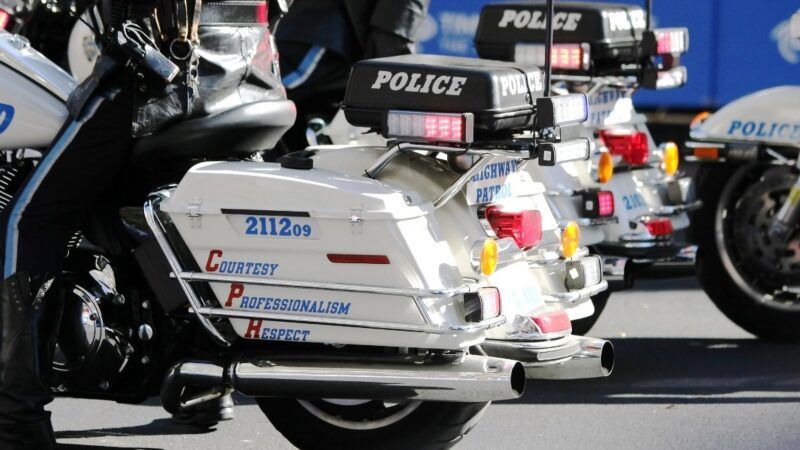Florida Legislation Would Ban Civilian Police Oversight Boards
Florida Republicans and police unions insist that toothless civilian oversight boards are still more scrutiny than police deserve.

Two bills advancing through the Florida Legislature would ban cities and counties from forming civilian police oversight boards and dissolve already-existing boards.
The legislation, House Bill 601 and its companion Senate Bill 576, would make it unlawful for a county or municipal government to pass ordinances related to civilian oversight of police misconduct investigations or the handling of misconduct complaints against law enforcement officers.
Currently, the bills have passed several committees, and the Tallahassee Democrat reports they have the support of Republican majorities in both chambers, as well as influential Florida law enforcement groups.
The bill's text says its purpose is to create a uniform process for how police departments handle misconduct complaints against officers, but it would also leave police departments to hold themselves accountable and eliminate 21 civilian police oversight boards operating throughout Florida.
Speaking on Tuesday shortly before the Senate Criminal Justice Committee voted to advance the legislation, state Sen. Blaise Ingoglia (R–Spring Hill), the bill's sponsor, called the boards "divisive."
"Officers have a very tough job," Ingoglia said. "It doesn't make sense to me that we have people second-guessing those decisions."
There are over 100 civilian police oversight boards around the country. They vary in their scope and power, but, in general, they're independent boards that investigate, monitor, or audit police department operations.
In most cases, the boards have limited power. According to a 2016 report by the Justice Department's Community Oriented Policing Services, the majority of oversight boards lacked the ability to subpoena witnesses and documents. Only a few had actual disciplinary power.
New York City's Civilian Complaint Review Board, for instance, substantiated misconduct allegations and recommended discipline for 146 NYPD officers for actions related to the 2020 George Floyd protests, but as of last year, not a single officer had been fired.
The first oversight boards were created in the 1970s, but there was a surge of new ones after the 2020 police killing of Floyd and the massive protests that followed.
Conservative backlash also followed. Last year Tennessee enacted a law banning community oversight boards from investigating police misconduct complaints.
Speaking at Tuesday's committee hearing, Lisa Henning, a lobbyist for the Florida Fraternal Order of Police, said that police are already subject to several layers of accountability, including body cameras, and that public scrutiny drives away police recruits.
"This becomes very redundant, and it's also very chilling to officers when they are considering what agency they are going to, if they are going to be tried in the court of public opinion in addition to all of the other investigations that they are going through," Henning said.
There are simpler solutions, of course. If you don't want to be tried in the court of public opinion, don't take a public-facing government job.


Show Comments (40)